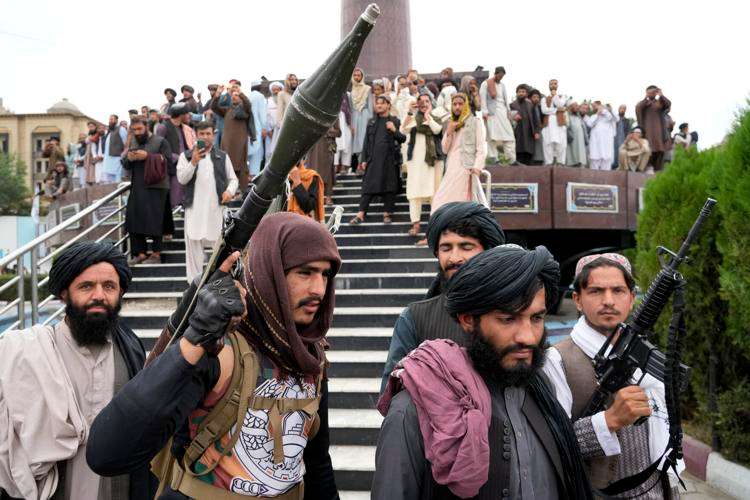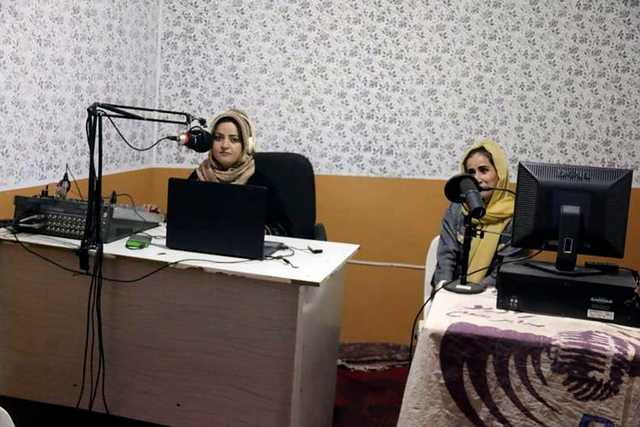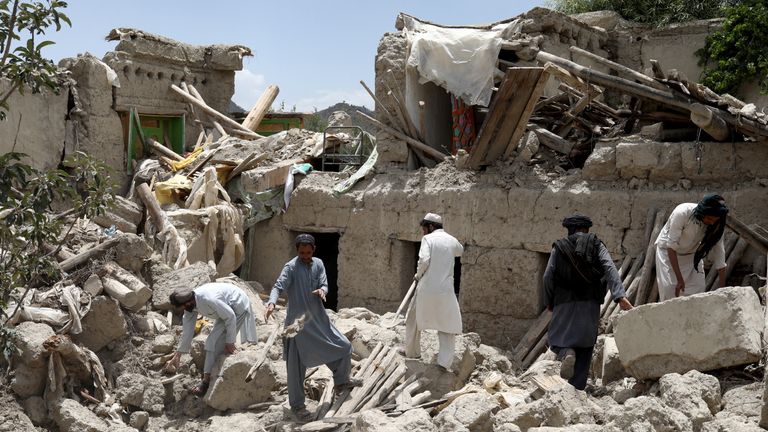
The Taliban took to the cities of Afghanistan including the capital on Monday to mark one year since regaining power from the U.S.-aided government last year. President Biden-led administration of the U.S. government withdrew its last troops from the country’s capital on August 15, 2021, after about two decades of war – an event which is famously remembered by the chaotic scenes at Kabul’s international airport where Afghans were seen clinging to moving U.S. military aircraft in desperate attempts to flee the country as the Taliban is coming back to power.
On Monday, Taliban militants along with their supporters were seen on motorbikes and vehicles, waving flags and chanting “God is great,” close to an area where the U.S. Embassy once stood, celebrating their one-year anniversary of taking over full control of the country.
The Taliban ruled the country from 1996 until the U.S.led invasion in 2001 following the 9/11 terror attack.
“We want to use this opportunity to have good and strong political and economic relations with all the countries of the region and the world,” Taliban Deputy Prime Minister Abdul Ghani Baradar said in a statement.
“A stable and self-sufficient Afghanistan is in the interest of all. Let’s work together to maintain and strengthen this stability,” Baradar added.
Afghanistan stands to be one of the loneliest nations in the world as no other country has recognized the extremist’s new government.
The Afghan government run by the Taliban has been seemingly taking full control over the lives of women and girls, depriving women of most government jobs, banning teenage girls from going beyond the sixth grade in school as well as placing traveling restrictions on females – barring them from traveling beyond 72 kilometers (45 miles) unless accompanied by a male chaperone.
Men from law enforcement agencies are seen around Kabul including in shopping Malls. Reports say they seem to be taking a more gentle approach as they advise male shoppers on the importance of prayers and growing beards.
When Akif Muhajir, the spokesperson for the Ministry of Vice and Virtue – the main law enforcement agency – was questioned by CBS News about whether he could understand why the world would view his ministry’s actions with suspicion, particularly in relation to the treatment of women, Muhajir replied: “No. We don’t listen to the world as far as our Islamic law prescribes. We will not yield to the world’s unwarranted pressures.”
However, the United Nations and other foreign governments, notably the United States, reiterated their appeals for the Taliban to respect agreements to ensure that everyone has a voice in the government and preserve all human rights, including the right of women to employment and education.
“The international community will continue to expect that the Taliban meet the commitments that they have made to the Afghan people in key areas,” U.S. State Department spokesman Ned Price told reporters in Washington.
Foreign donors have withheld significant sums of financing that originally constituted up three-quarters of the country’s yearly budget, and the Biden administration has frozen billions of dollars in Afghan government assets held outside of Afghanistan.
These economic sanctions as well as those imposed by other Western capitals have exacerbated already poor humanitarian conditions, leaving millions of Afghans facing acute hunger, and had driven the nation into an economic crisis.
Price denied media allegations that the Joe Biden administration had chosen not to release any of the roughly $7 billion in foreign assets held by the Afghan central bank in the United States, calling them “simply wrong and not true.”
In order to benefit the people of Afghanistan, Biden issued an executive order in February to unfreeze half of the $7 billion allocated for humanitarian relief. The remainder would be kept aside for future terrorism-related litigation brought against the Taliban in American courts.
“Our focus right now is on ongoing efforts to enable the $3.5 billion in licensed Afghan central bank reserves to be used precisely for the benefit of the Afghan people,” Price said.
He further pointed out that the United States continues to consult with experts from the Afghan central bank on ways to improve the economic growth of the nation.
“So right now, we’re looking at mechanisms that could be put in place to see to it that these $3.5 billion in preserved assets make their way efficiently and effectively to the people of Afghanistan in a way that doesn’t make them ripe for diversion to terrorist groups or elsewhere.”
Since the Taliban took control of the country and the end of America’s longest war a year ago, Afghanistan has evolved into a less violent place. But still, the future for the majority of Afghans remains grim as the Taliban continues to trample on fundamental rights and the economy continues to collapse.





0 Comments